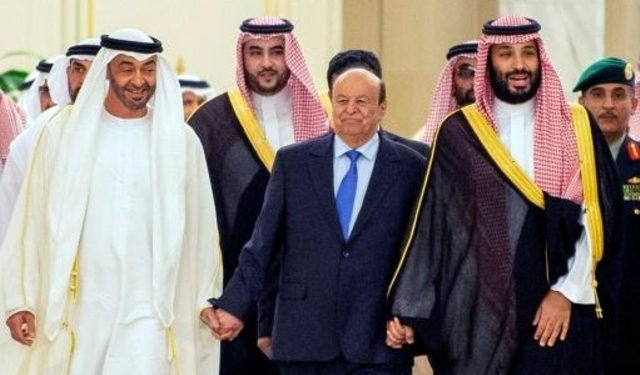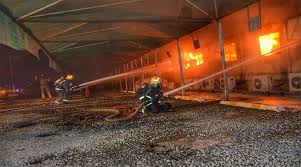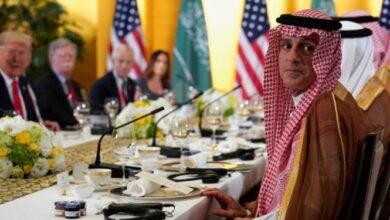The Saudi regime using the strategy of divide and rule in Yemen

The Saudi regime adopts a “divide and rule” strategy in Yemen in an effort to perpetuate its criminal war on the country and its continued influence and military intervention in favor of its ambitions to expand.
The Saudi regime plays to stoke Yemeni conflicts to ensure continuity of its interventions and implementation of its projects and to leave Yemen weak and divided, and it is not in its interest to keep Yemen strong.
The Saudi coalition turned into a real enemy of the Yemenis, as they saw the coalition expelling thousands of Yemenis abroad and weighing them in fines, prisons, deportation, and Saudization at a time that undermined the Yemeni economy and disrupted the country’s facilities.
The Yemenis show with indignation and anger the support of the Saudi coalition and its allies in the Emirates for the Yemeni officials and parties against each other and fueling their differences after it was the cradle of the Houthi coup years ago in Sanaa.
Yemenis complain that the Saudi coalition supports all Yemeni parties against each other and the separatist Transitional Council is against the legitimate and legitimate government against the transitional, as well as supporting the militias of the Belt against the National Army and vice versa, so as to devote a fragmented divisive divide that eats one another.
It is clear from this that the Saudi regime seeks to establish a formal state empty of any real democratic life, so the regime does not stand with any step to unify the Republican ranks and the return of partisan political life in Yemen.
The Saudi regime appears comfortable with the state of division within the forces supporting legitimacy in Yemen, as this rupture makes it more maneuverable, so that everyone races to offer their service offers to him to gain confidence until the system remains a guardian of all.
Yemeni officials affirm that Saudi and the Emirates are the actual obstacle to uniting the Republican ranks in Yemen, and fueling the differences between its parties. This diaspora is what weakens the effectiveness of the legal forces and impedes any cohesion that resolves the battle and regains the republic.
Since 2014, Yemen has witnessed a war between the Houthis and forces loyal to the government of President Abd Rabbuh Mansour Hadi. The war escalated with the intervention of a military coalition led by Al Saud to support the government in March 2015.
The conflict in Yemen has caused the death and injury of tens of thousands, including a large number of civilians, according to humanitarian organizations, especially since the start of coalition operations against the Houthis to stop their progress in Yemen.
The facts show that the Saudi coalition, which came to support legitimacy and confront the Houthis, worked after years of military intervention in Yemen to eliminate everything in the Yemeni state except the Houthis.





